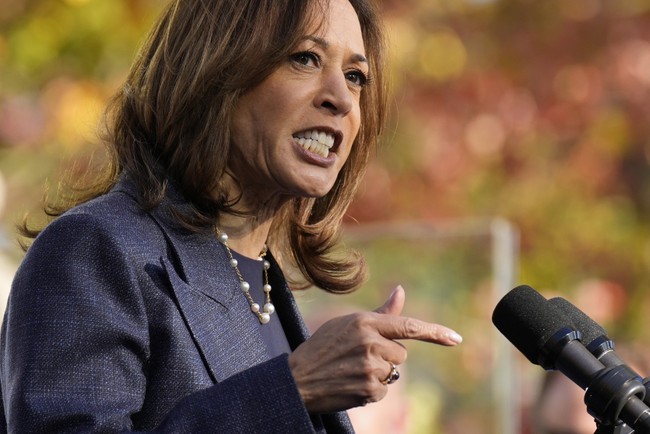
This article was originally published on FrontPage Mag. You can read the original article HERE

[Want even more content from FPM? Sign up for FPM+ to unlock exclusive series, virtual town-halls with our authors, and more—now for just $3.99/month. Click here to sign up.]
According to Islamic tradition, the prophet of Islam thought of resorting to suicide more than once. Most Muslim thinkers have never shown any indication of appearing troubled by this apparent contradiction to Muhammad’s prophetic claim. After all, Allah prevented him from killing himself, so what’s the problem?
Islamic tradition is clear: without the care of Muhammad’s first wife Khadija (who remained Muhammad’s only wife until her death) and the affirmation of her uncle, the Nestorian Christian priest Waraqa bin Naufal, who first told Muhammad that his strange and terrifying encounter with the spirit being that appeared to him meant that he was a prophet, the world might never have known Islam. Soon after Waraqa identified the being who had appeared to Muhammad as the angel Gabriel, the old man died. At that point, the prophet whom Waraqa had effectively anointed was again plunged into a despair so intense that he again contemplated suicide:
But after a few days Waraqa died and the Divine Revelation was also paused for a while and the Prophet became so sad as we have heard that he intended several times to throw himself from the tops of high mountains and every time he went up the top of a mountain in order tothrow himself down, Gabriel would appear before him and say, “O Muhammad! You are indeed Allah’s Messenger in truth,” whereupon his heart would become quiet and he would calm down and would return home.
This scenario evidently played out again whenever Muhammad had to wait too long for Gabriel to reappear: “And whenever the period of the coming of the Revelation used to become long, he would do as before, but when he used to reach the top of a mountain, Gabriel would appear before him and say to him whathe had said before.”
In another account, Muhammad reacted to the resumption of the revelations in the same way he reacted to the first one. He explained:
The Divine Inspiration was delayed for a short period but suddenly, as I was walking, I heard a voice in the sky, and when I looked up towards the sky, to my surprise, I saw the angel who had come to me in the Hira Cave, and he was sitting on a chair in between the sky and the earth. I was so frightened by him that I fell on the ground and came to my family and said (to them), “Cover me! (with a blanket), cover me!”
The spiritual messenger gave him this message:
O you wrapped in your cloak, arise and warn. Your Lord magnify, your clothing purify, shun pollution. And do not show favor, seeking worldly gain. For the sake of your Lord, be patient. (Qur’an 74:1-7)
Muhammad no longer doubted that his visitor was Gabriel —but others did. One of the early Muslims, Jundab bin Abdullah, recounts: “Gabriel did not come to the Prophet (for some time) and so one of the Quraish women said, ‘His Satan has deserted him.’ So came the Divine Revelation: ‘By the forenoon (after sunrise) and by the night when it darkens (and stands still). Your Lord (O Muhammad) has neither forsaken you nor hates you.’ ([Qur’an] V. 93:1-3)”
In the Jewish and Christian scriptures, angelic visitations almost always feature the angel telling the human beings who are seeing him, “Be not afraid.” Muhammad’s encounters with Gabriel, as they are depicted in ninth-century Islamic traditions that Muslims take for granted as historically accurate today, stand in stark contrast to that. Not only does Gabriel press Muhammad so hard while demanding that he “Recite” that he practically frightens the new prophet to death, but the aftermath of these visitations is equally troubling. Muhammad is plunged into a despair so black, so all-encompassing, that he considers suicide when Gabriel stops appearing to him for a time.
Despite this sharp and irreconcilable disparity, the Qur’an insists that Jews, Christians and Muslims worship the same deity: “And do not argue with the people of the book unless it be in what is better, except with those among them who do wrong, and say, We believe in what has been revealed to us and revealed to you, our Allah and your Allah is one, and to him we are Muslims.” (29:46) Yet the effects of encounters with the emissaries of the God of the Bible and the Allah of the Qur’an are so strikingly different that this claim is, at best, questionable.
This article was originally published by FrontPage Mag. We only curate news from sources that align with the core values of our intended conservative audience. If you like the news you read here we encourage you to utilize the original sources for even more great news and opinions you can trust!










Comments